Some have called my brand of teaching harsh others have called me crazy and I have even heard the term barbaric. This doesn't faze me in the least. This is usually the opinion of someone who has never met me, has no idea what or how I teach, and wants to judge from a safe distance. Those who have taken the time to meet and get to know me eventually see what I teach and can at the least respect my views. Those who keep in contact or eventually become students realize my method is the only way to approach self-defense training.
In my opinion, the two most import contributing factors over looked in self defense training are fear and adrenaline. When learning a new technique and the basic idea of the movement is established, each moment after must feel real. The emotions associated with each encounter must also be present in ones training to know how they will actually respond, if at all. This important step is vital for one to learn to control their emotions during combat. In order to achieve this level of training you must be able to push someone's mental limits and still control the situation. This can only be achieved by a sensei that is trusted, has a healthy relationship with each student, knows his or her strengths and weaknesses, and can pull the most out of each student. The sensei must be aware of his or her students’ pasts and know exactly how far each student can be safely pushed on a given day. I tell my students that regardless if training slow or at combat-speed, each technique must have the proper mindset attached to it and it and again must feel real. Every moment is "the moment" when nothing else matters and everything is dependent on their next decision and move. Some students have difficulty understanding the concept of proper mindset. When I push my students to reflect their emotion when practicing techniques and they don’t, many students reply, “Well, if this were a real situation I’m sure I would respond differently.” By their statement, they imply that they would do the technique correctly and with more intent if they were really under attack. In my opinion, failing to implement emotion and the proper mindset in combination with practicing the physical technique is fundamentally flawed, based on theory, and not in reality. One does not really know how they will react until they are in that very situation. In the dojo, I focus a lot on scenarios as a way to disprove their theory. Understand, this is not a problem had only by beginner students. On many occasions I have had "seasoned" (more than a couple of years of training and even black belt) students from other systems train with me. Often these students would freeze up and do nothing when it started to feel like a real situation and not a relaxed training drill. This was not because they were being overwhelmed with punches and kicks but real emotion, causing them to be in the moment. The shock of it emotionally becoming real was more than they expected due to the way they have been training.
One translation of the term "sensei" refers to someone who was "born before". It implies that he or she teaches from a place of wisdom due to his or her age and life experiences. A more slang translation is someone who has "been there, done that". I often tell my students I am still forever a student and nothing more than a guide who has traveled the path they are on now. I often use my personal life experiences in my teachings as a guide and can confidently say I have actually applied what I teach in real world application on numerous occasions. To legitimize my training to others, I worked many years in security putting my system to the test in real world situations arresting thieves, assailants, sexual predators, drug dealers, etc. In that environment, it was a do or potentially die situation with no room for error. I never knew who I was dealing with, what they had done in the past, whether they were armed, their capabilities, or how far they were willing to go to avoid capture. I had to be alert, have my head on a swivel, and be ready for anything. I had to be in control of my emotions, be adaptable, and expect the unexpected. Even for me, adrenaline and a healthy dose of fear were ever present and had to be kept under control. My real world experiences provided me real training I had been searching for and gave validity to my beliefs. On several occasions, I had to engage more than one subject at a time. It was training with consequence that gave me great insight as to how actual combat flows and how important it was for me to pass this knowledge and experience on to my students. Many subjects complied upon initial contact due to what some would call verbal judo. Others either just didn’t care, were more committed, career criminals, under the influence, or simply did not “want to go back to jail.” These particular subjects fought back, whether empty hand or with a weapon. One wrong move could lead to injury or death for a partner, myself, or the person I was trying to take into custody. Mistakes in my approach and or techniques were not an option. Everyone I worked with knew exactly why I was there; it was to battle test my system. I have always wanted my students to know that if I say something will work they can believe it. It is not because my instructor said it would but because I have personally applied the techniques myself in actual combat and proven them effective.
I eventually I gained respect from the people I was working for and was asked to put together some training classes for officers. Before long, I was teaching my own proven arrest techniques and tactics to security and police personnel. From its very inception, Donjitsu Do has always been a return to the original ideas of warfare and self-preservation. This is where I feel my reputation for being hard-core stems. Over time, so much of this original mindset has been lost. Either forgotten and or purposefully discarded in order to fill training halls with new students. Again, in my opinion much of today's training has been watered down to make martial arts training enjoyable for the masses. This is not the case in my dojo and is the very reason why my dojo is small and private. The Samurai's battlefield life and death training and mentality are and have always been a large part of my curriculum. The techniques and ideas that I teach in this dojo are not to be practiced carelessly but taken very seriously, as they are designed for actual combat and have no business in any sport arena. Donjitsu Do is not a game and why I am picky with who I will teach.
I teach my students to avoid conflict and strive to live a happy full life. However, all the while understanding if given no choice but to defend themselves they must become something more and destroy if the situation deems it necessary. Having to take a life is something that I can say with confidence that my instructor never once addressed in our training on or off the mats. Moreover, I'm sure many instructors have and will continue to avoid it if possible. It may not be politically correct in today's sensitive world to discuss this topic however; this does not change the fact that it needs to be addressed and is a real possibility in any self-defense situation. Your desire to survive must be much greater than their desire to harm you if you want to survive. I have dedicated each day of my life to transmitting this very idea. My study of budo and myself will never end, as I must make sure I have the answers to any question my students might have. I often tell my students that if you find yourself applying one of the physical techniques of Donjitsu Do something bad has happened and there is no room for error. I also tell my students from day one that the study of budo this is something that you can start, you can quit, but you will never finish. It is a journey with no end. I do not want my students to ever settle but strive to make each day better than the last. "When you think I am being the hardest on you is actually when I love you the most". This is something they hear from me quite often especially in the kids class. There is no such thing as good enough in this dojo. Your life or that of another may be at stake.
To be proficient in any form of combat one must study and understand every aspect of a given movement or situation and how at any moment things can go sideways. You must be able to quickly adapt and work under stress otherwise; self-defense training is pointless and potentially dangerous for the student in my opinion. You not only need to know and understand your options but also that of your adversaries. Donjitsu Do is about training for the reality of life. In the real world, there are no winners just survivors. A common practice when someone wins at something, everyone pats you on the back and says good job. However, when someone survives, something they are asked if you are going to be ok. This would imply that it was a much more serious event someone just went through and there will be a recovery time. Survivors generally have to learn to cope with what they have gone through. For this reason, you will never hear me tell anyone that training with me will be fun. Just as important as the physical strike or throws is learning to understand and live with what you may have to do or have done when it comes to defending yourself. There are many classes in which we sit down and discuss the mind of different would be adversaries, options, consequences, the law, and inevitably life and death.
Don't get me wrong we all enjoy being around each other and cherish the time we spend studying and growing together. I consider my students family. However, I never let them that we are here exploring very serious materiel. The joke around the dojo is that I would not last in a customer service position because of my sometime brutal honesty to questions. They say it sounds like I'm trying to discourage prospective new students during interviews because I am so up front about what to expect if they become a student. However, this is not the case at all I just want serious students who are willing to do whatever it takes, work hard and put the time in. As harsh as it sounds I am not here to hand out belts, babysit, put up with senseless drama, entertain, or give my students a false sense of security. That is not why I teach. I let them know that I am always here for them but I make that clear right from the start that I am here to prepare my students for that one moment we all pray never comes. There is nothing fun about subject matter dealing with bullying, abuse, rape, assault, home invasions, school shootings, suicide, or abduction. These are many of the topics openly discussed and addressed in this dojo. Students drawn to this dojo come here for very specific personal reasons such as learning to stand up for themselves and what they believe in, a need to be able to protect themselves, their family, and home. No one comes here to be entertained. Leading a happy, healthy, safe life is all any of us want. At our dojo, the difference is that we understand that it doesn't come easy or overnight but takes time, effort, constant study, self reflection, and sometimes suffering.
So yes, training here with me will be at times very intense. By design it will be miserable hot in the summer; I will push you to explore your limits, I will not accept laziness or excuses, and will always tell you to do it again, no matter how good you thought you did. You may even leave a little mad at me at times until you realize the focus of the lesson. I often tell them we will start with the worst-case scenario and work from there. In order to help you find your true potential I will at times ask of you what you may think is the impossible. However, I will never set you up for failure and will always offer extra guidance, support and an explanation as to why it should be that way. I am a firm believer in tough love and I tell my students if it were easy, everyone would be doing it.
In conclusion, regardless of how hard, crazy or uniquely challenging you think, my methods are I am ok with that. I will probably take it as a compliment as well as confirmation that I am teaching how others cant or wont. Another thing you need to know about me is that if I say, I am going to be there or do something it's a done deal, I will keep my word. I tell everyone on the day he or she becomes a student that if you need me I am here for you. They all know that if anytime, day or night, they need me for any reason they can call and I will come, no questions or judgment. Not once have I ever gone back on this promise. I may be harsh and set in my ways but I truly care about each of my students and their training. I will always be here to listen to their problems, pick them up from the side of the road, or help them with a busted waterline at 2:30am in the morning. Teaching budo is much more than transmitting kicks or throws. It is about teaching students we must first defeat ourselves and conquer our own demons, and insecurities before we can defeat another. It is being there when a student needs you outside of class not just during scheduled lessons. Donjitsu Do is much more than a physical combat system it’s a way of life. As I mentioned in the beginning of this blog, teaching is a great responsibility and something I do not take lightly. I am who I am and this is what you can expect from Donjitsu Do and me as a sensei. I will never compromise my teaching or beliefs to satisfy others but I will give my all to help you find what it is you are looking for if you train with me.
-Shihan Ogle

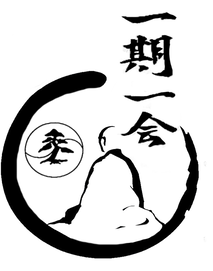
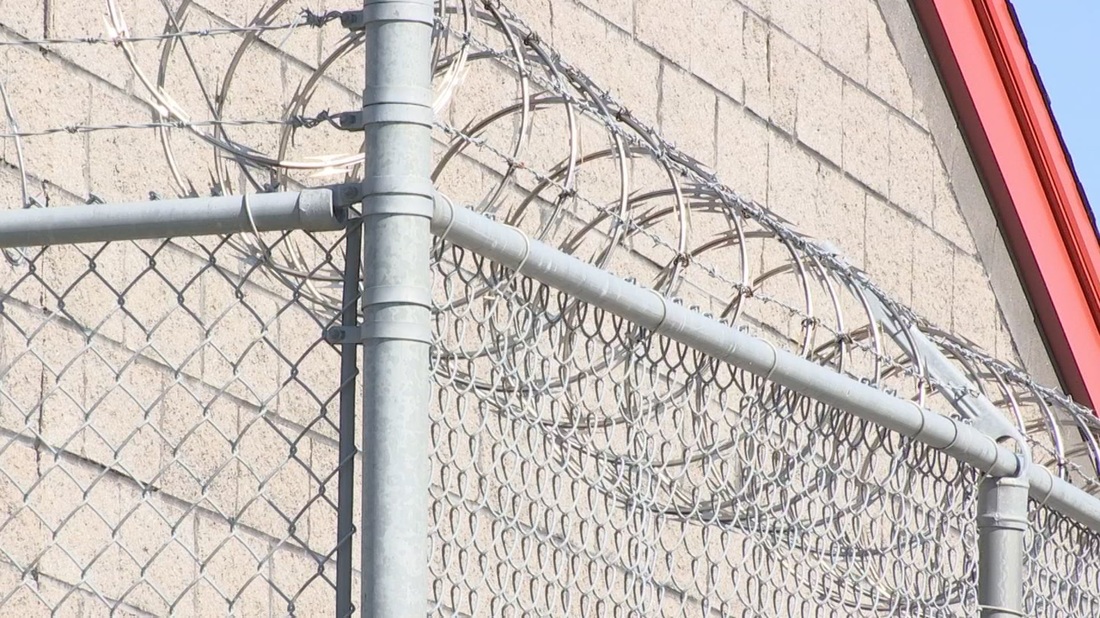
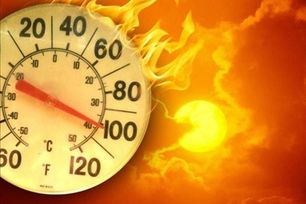
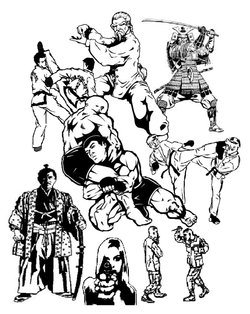
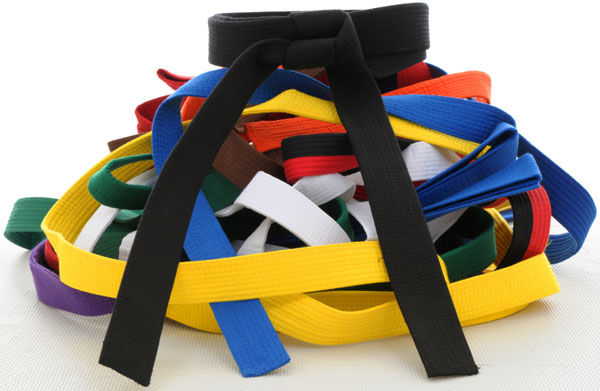
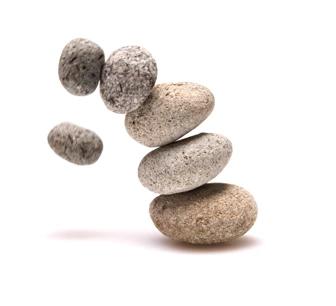
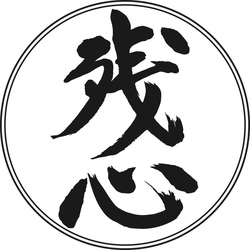

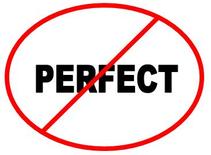
 RSS Feed
RSS Feed